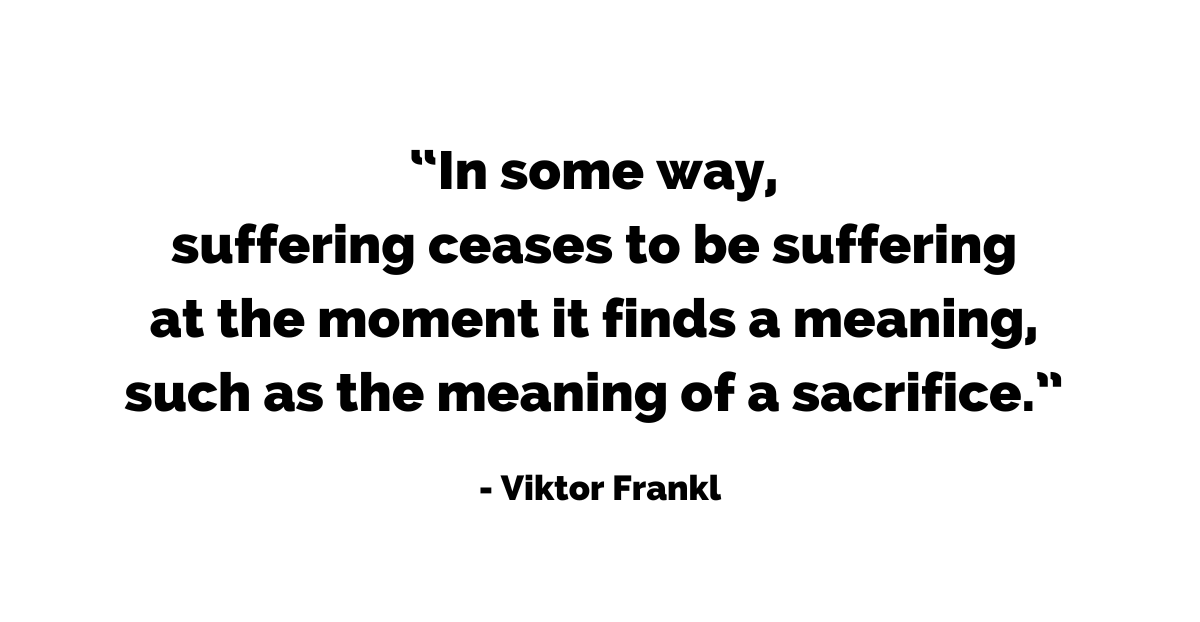What is the point?
The core of Ghosting
My little cousin, Nicola, is twenty-five and got back from a round-the-world trip late last year. We saw her on the weekend and it turns out she has got the bug and is planning try her hand at living and working in London for the next few years.
I found myself in the uncomfortable position of being the grey haired old been-there-done-that figure giving my words of wisdom. Have you ever heard cliches leave your mouth and simultaneously cringed in your mind...?
On the car ride home all sorts of memories came flooding back from my decade in the UK. But one memory I haven't thought about for years stuck with me - the end of my cricket journey.
I had played two seasons of Premier Cricket in Cambridge with some representative time with Cambridgeshire. I then moved to London to get on with my life and tried unsuccessfully to gain a club contract with a few clubs. Nothing stuck, so I took the season off to have a life (which was wonderful).
The next summer, when I was living in Crouch End I stumbled across a cricket club walking distance from my house. I went to a few pre-season training sessions where I was just one of the guys - a weird feeling at a lower level club considering my previous status.
Weirdly, I found myself taking fielding drills and being asked questions by the head coach. From just looking to play I had found myself informally in the leadership arena.
But, my body would need to adjust to bowling again after a long time out. Fast bowling requires your back and major muscle groups in the legs and arms to stretch in uneven and unnatural ways. It hurts. And, my cardio capacity was worse than terrible. Dizzy spells were constant and at the age of 26, I felt overweight and unfit.
After one of these trainings I was in the club house having a beer when one of the administrators came to me with a registration form. I looked over it and the yearly fee was a few hundred pounds. My eyes did that thing Looney Toons cartoon characters do (👀).
At the time, I was working as a sales rep living with my girlfriend. We were getting by humbly, but we didn't have too much spare change (a theme I bored Nicola with). I wouldn't be able to afford this along with the weekly fees for umpires/tea/travel and the predictable beer drinking that would happen after matches. I was too proud to ask for help and my ego was a little bruised too. I had been payed to play only 18 months ago. Now they wanted ME to pay!?!
Whatever decision, there will be some form of suffering in the form of opportunity, struggle, work, cost, or difficulty. So, it had better have meaning or people will detach and drift away.
I walked out that evening and never went back. No phone call, no conversations, no follow up. I ghosted. I would go on to to play some pub cricket for The Cricketers Pub in Richmond in following years which would be my final fling on the cricketing arena. Great fun, but a fizzer ending to my career when you consider the freakish Jimmy Anderson (of a similar vintage) is still playing test cricket to this very day.
That decision to not go back was a mix of physical, emotional, and monetary reasons. But, my deepest reflection is that I didn't see the point of it. I played cricket religiously since I was six years old. I had achieved more than I ever thought was possible for me. And, the pain, expense and effort didn't seem to make sense to me.
I had other interests and I felt that going out to play cricket every week was only more of the same. It was at this point I started going to art galleries on weekends, going on weekend trips, taking up golf (now my sporting passion/obsession) and expanding my friendship circle. I was evolving and there didn't seem to be any good reason to play cricket. In fact, I didn't think about it again until I stumbled upon the Richmond pub team near my work a few years later.
It can be obvious or it can be difficult to articulate the point of a team's work. Or, a person's work. Or, a strategic initiative. But, if there is no point then there is no motivation. Ghosting doesn't seem to be isolated to soon-to-be-retired-club-cricketers. Team members leave without warning. Clients don't return calls. Candidates for jobs don't get a call back.
In all the cases, what sits at the deep core of these actions is the absence of a point. The point can not be seen or understood.
If I had any wisdom to share with Nicola, it would be for her to reflect and understand the point of her trip. Why she was really doing it. What she intended to get out of the experience. What she wanted to gain exposure in. And, why it was worth the risk/cost/opportunity cost/effort.
When leaders have these conversations often with their peers and teams, there is less 'ghosting' and the motivation to do their best work improves.
Honestly, what is the point of the work at hand? Articulate this and performance follows.
Banner Image Source: Wikimedia


